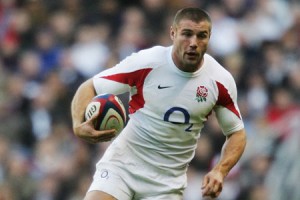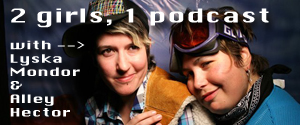A lot of people, myself included, wish that more top-level athletes would come out. Based on rough statistics, it’s clear that there are many athletes competing in the upper echelons of their sports who are queer but remain closeted. The fact is, though, that coming out as an elite athlete is a catch 22–athletes aren’t going to come forward until there is less of a stigma around homosexuality in sports, but there isn’t going to be less of a stigma until there are more openly gay athletes.
This is where straight allies come in. Recently, several high profile straight athletes have publicly declared their allegiance to lgbt rights and to lgbt athletes.
Sean Avery, one of the most visible players in the NHL, recently stated in comments to the Toronto Sun that he would support any hockey player who wanted to come out, and that he would fly out and stand beside the player as he tells his teammates he’s gay. Kenneth Faried, the star of Morehead State‘s men’s basketball team declared his love and respect for his two mothers in a piece on ESPN.com. Faried is projected as a late first round/early second round pick in the upcoming NBA draft — ideally he’ll influence even more people towards lgbt acceptance as a pro than he is now as a college standout. English pro rugby player Ben Cohen is very vocal about his support of lgbt rights, and has a huge gay fanbase. Cohen even donated a signed jockstrap for an auction that supported a gay men’s health organization. Hudson Taylor, who was a three-time All-American wrestler at Maryland and now coaches at Columbia, has launched Athlete Ally, a major project involving both a book and a pledge devoted to ending homophobia in sports. He also founded the lgbt rights blog whydoyoufight.org, serves as an advisor to the Gay, Lesbian, Straight Education Network’s Sports Project, and guest lectures frequently.
The examples noted above indicate a changing tide in terms of queer acceptance in sports. However, we still have a long way to go. Few elite women have spoken out in support of lgbt players and lgbt rights. Here in Portland, the Blazers and the Timbers have remained notably silent on this issue, despite playing in one of the most queer-friendly areas in the country. The road to change is slow, but I am hopeful that these outspoken athletes will positively contribute to the end of homophobia in sports.


